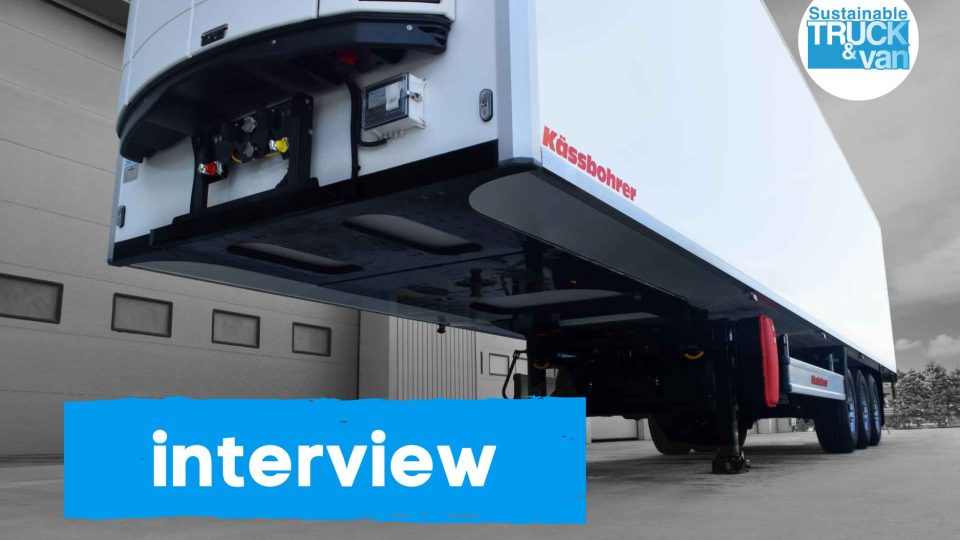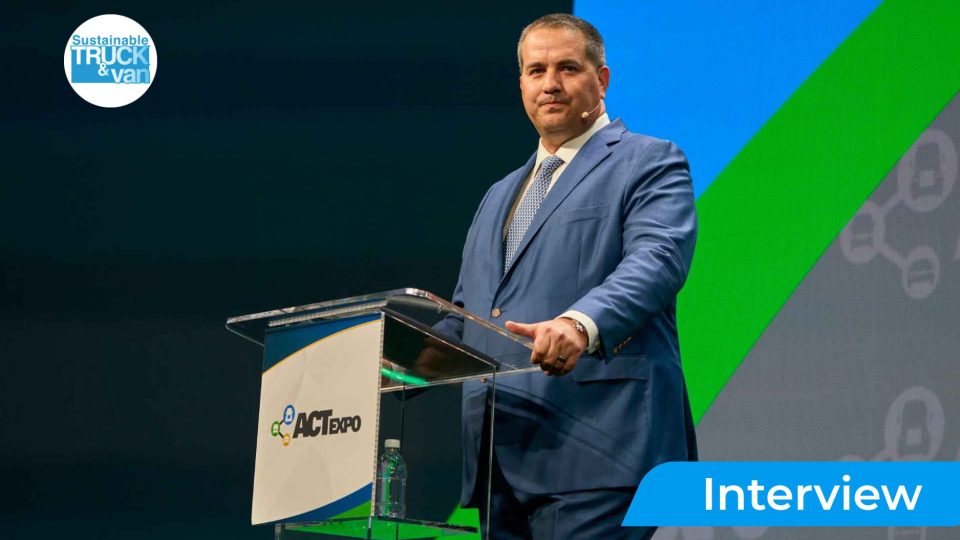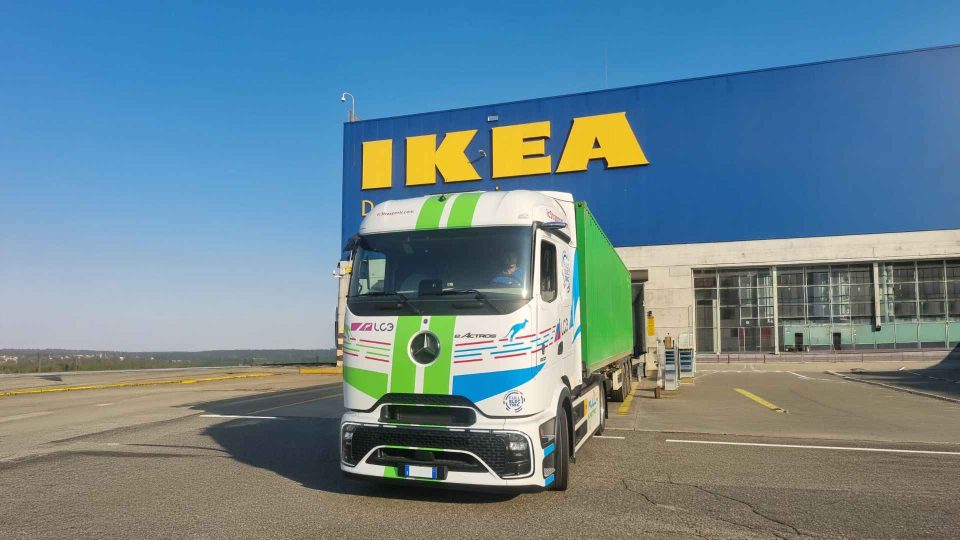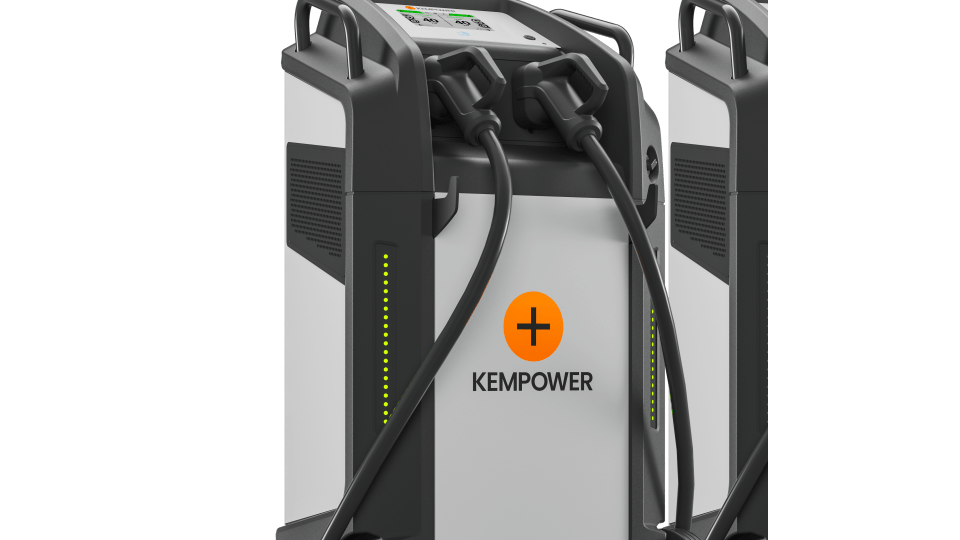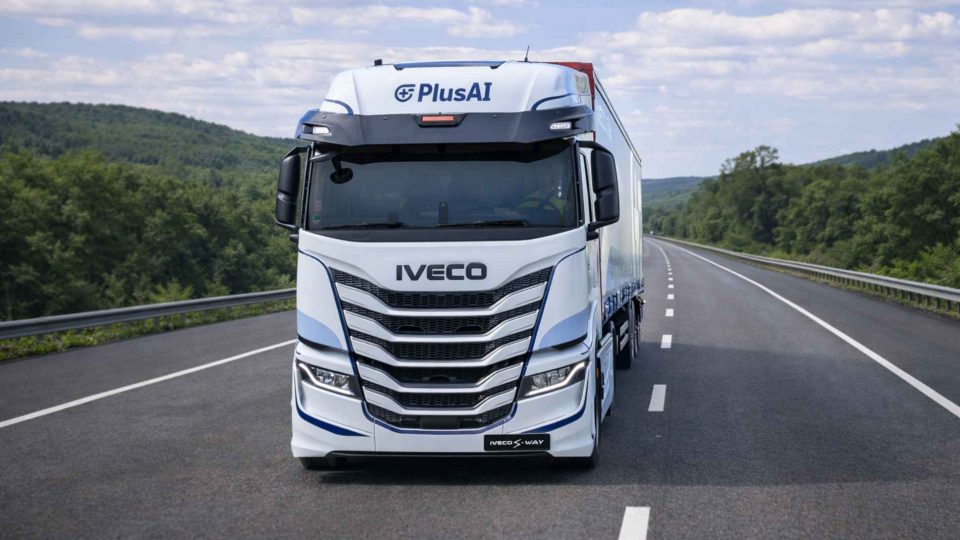Volkswagen Commercial Vehicles, Thomas Schäfer named Chairman of the Advisory Board
Schäfer will take the lead as CEO of the Volkswagen brand and Member of the Board of Management for the Volume Brand Group from 1 July 2022. He succeeds Herbert Diess, who will leave the Board at the end of June.

As of June 15, 2022, Thomas Schäfer takes over as Chairman of the Volkswagen Commercial Vehicles Advisory Board. Schäfer will take the lead as CEO of the Volkswagen brand and Member of the Board of Management for the Volume Brand Group from 1 July 2022. He succeeds Herbert Diess, who will leave the Board at the end of June.
The statement by Thomas Schäfer (Volkswagen)
“Volkswagen Commercial Vehicles is an important part of the Volume Brand Group”, declared Thomas Schäfer. “With the transformation towards electric mobility and as a competence centre for autonomous driving, we are well equipped for the future. I look forward to helping to shape this path – and to close cooperation in the brand group”.
The Advisory Board of VWCV consists of five employee representatives and five company representatives and meets regularly four times a year. In addition to the members of the Advisory Board, the Volkswagen Commercial Vehicles Brand Management Board Circle also attends these meetings.
Potrebbe interessarti
News from Volkswagen: ID. Buzz serial production about to start in Hannover
The Board has the task of advising the Brand Management Board of Volkswagen Commercial Vehicles and the Volkswagen AG Board of Management in all important matters concerning Volkswagen Commercial Vehicles’ area of business. This includes decisions about the overall brand strategy, the planning round and product planning, the conclusion of cooperation agreements or the establishment and relocation of production facilities.




